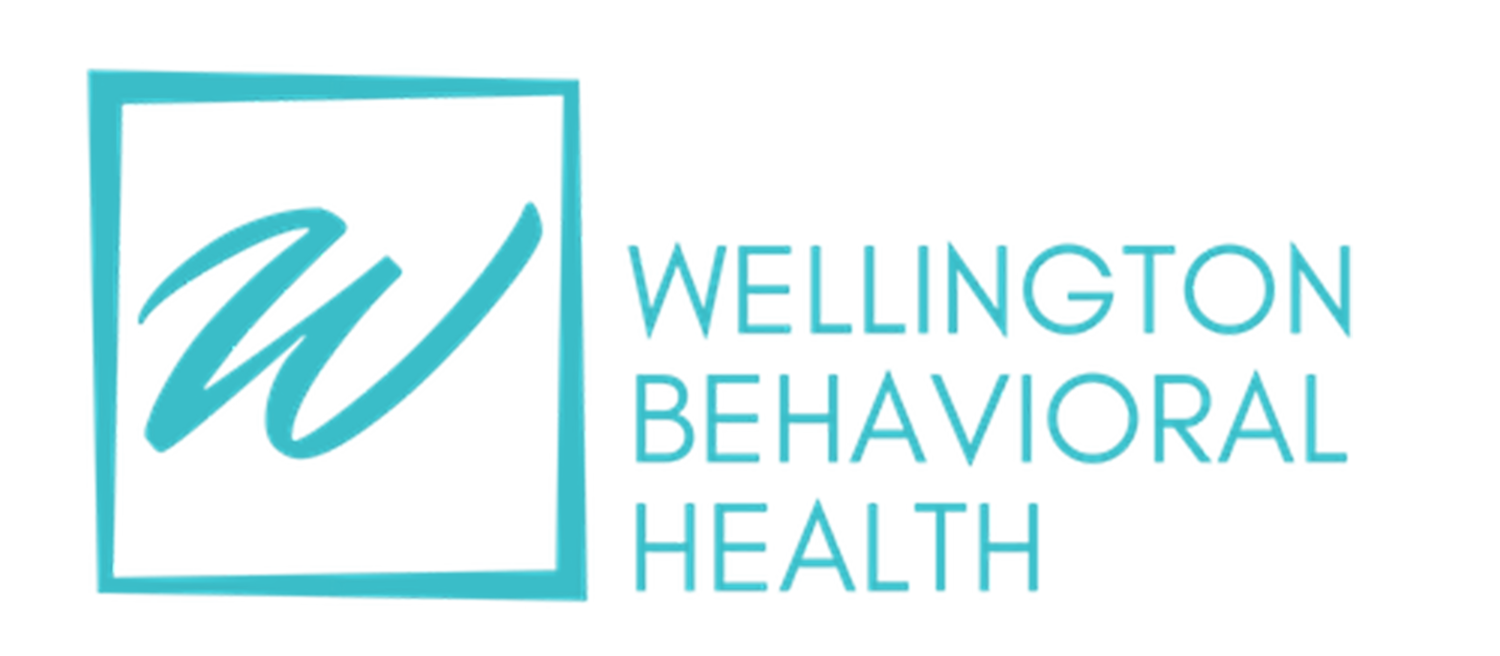Just as every eating disorder is unique to the individual suffering from it, so is the treatment plan and recovery process. An early diagnosis is the first step. If you’re concerned about yourself or a loved one, pay attention to eating disorder warning signs and trust your instincts. If you think something is wrong, it probably is.
In today’s post, we’re going to take a closer look at both treatment of and recovery from an eating disorder. Treatment plans require a strong support system (including a mental health professional, a registered dietitian, a medical specialist, and a loving group of family and friends) and include a combination of psychotherapy, nutrition counseling, medical monitoring, and/or medications. Recovery is oftentimes a long process with setbacks and/or even relapse. Don’t be discouraged though; full recovery is possible. Let’s dive in!
Eating Disorder Treatment
There are various levels of care for eating disorder treatment. If a patient is considered medically stable and does not require daily monitoring, an intensive outpatient approach will suffice. Symptoms are under control, and the individual can handle normal daily situations on their own. If a patient is medically stable but still struggling with eating disorder thoughts or unable to function in normal circumstances, a partial hospital plan may be developed. For this treatment method, the individual still engages in regular eating disorder behaviors, including binge eating, purging, fasting, and/or other weight control techniques. Patients in a residential program are stable but unresponsive to a partial hospitalization or outpatient treatment. The most intensive treatment option is inpatient, which means a patient is both psychiatrically and medically unstable (depressed vital signs, lab work shows an acute health risk, and/or health complications from eating disorder behavior, such as diabetes or megaloblastic anemia).
When it comes to the psychotherapy involved with any treatment plan, there are different options to consider, all dependent on the individual and their stage of recovery. Some possibilities include:
Acceptance and Commitment Therapy (ACT): ACT focuses on changing your actions or behaviors rather than your thoughts and feelings. Patients identify their values and then create goals to help them fulfill those values.
Cognitive Behavioral Therapy (CBT): This relatively short-term and structured therapy focuses on beliefs, values, and cognitive processes, helping the individual to become aware of negative thinking so they can respond to challenging situations more effectively.
Dialectical Behavior Therapy (DBT): Evidence shows that DBT is successful for the treatment of binge eating, bulimia nervosa, and anorexia nervosa. It focuses on developing skills related to mindfulness, interpersonal relationships, emotion regulation, and more, all in an effort to change eating disorder behaviors.
Family-Based Treatment (FBT): Also known as the Maudsley Method, this home-based treatment involves the entire family and focuses on re-feeding and full weight restoration in order to reach recovery.
Eating Disorder Recovery: The Five Stages of Change
Eating disorder recovery includes the five (possibly six) Stages of Change, which occur in a cycle rather than a linear progression.
Pre-Contemplation Stage: At this point, the individual does not believe they have a problem. Family and friends have often noticed warning signs or symptoms, such as restrictive eating or an obsession with weight or body shape. Although your loved one may deny that they have a problem or need help, it’s important to openly share your concerns and encourage them to seek help.
Contemplation Stage: Here, the individual admits that they have a problem and accepts help. Fear of change is still very strong though, which is why a mental health professional and/or certified eating disorder specialist plays such an integral role in the treatment process. It’s important to identify the function of the eating disorder before treating it. As a caregiver, it’s equally important that you find a community or support group at this stage.
Preparation Stage: Now, the individual is ready to change but unsure how to move forward. Therapy sessions often focus on the development of coping skills, like boundary setting, dealing with negative eating disorder thoughts, and practicing self-care. Barriers to change are also defined. A plan of action is set by the treatment team.
Action Stage: Next, the treatment strategy is implemented and eating disorder behavior is addressed. The individual must face their fears and challenge their negative habits in order to implement change. To ensure that this stage is successful, it’s important to remove triggers, such as certain foods, access to a scale, and stress.
Maintenance Stage: The individual shifts into maintenance mode after maintaining the Action Stage for six months or longer. They continue to practice their coping mechanisms and new behaviors and also face potential triggers in an effort to prevent relapse. Armed with a team of professionals and support from loved ones, they learn to live life in a meaningful way.
Termination Stage and Relapse Prevention: It’s common to return to old behaviors at any point during the recovery process, so it can be difficult to know when treatment can be discontinued and recovery is considered complete. The individual works with their treatment team to determine if they’ve mastered the Stages of Change and have developed necessary coping skills. They also must have a relapse prevention plan in place and show a willingness to resume treatment if necessary.
For more information about eating disorder warning signs, check out last month’s blog post.
Next month, we’ll dive deeper into treatment options, outlining the levels of care and highlighting the differences. Stay tuned!
Discover the possibility of living a meaningful life. Discover the possibility of recovery. Reach out to Dr. Benaaz Russell, PsyD, CEDS today to schedule an appointment!

